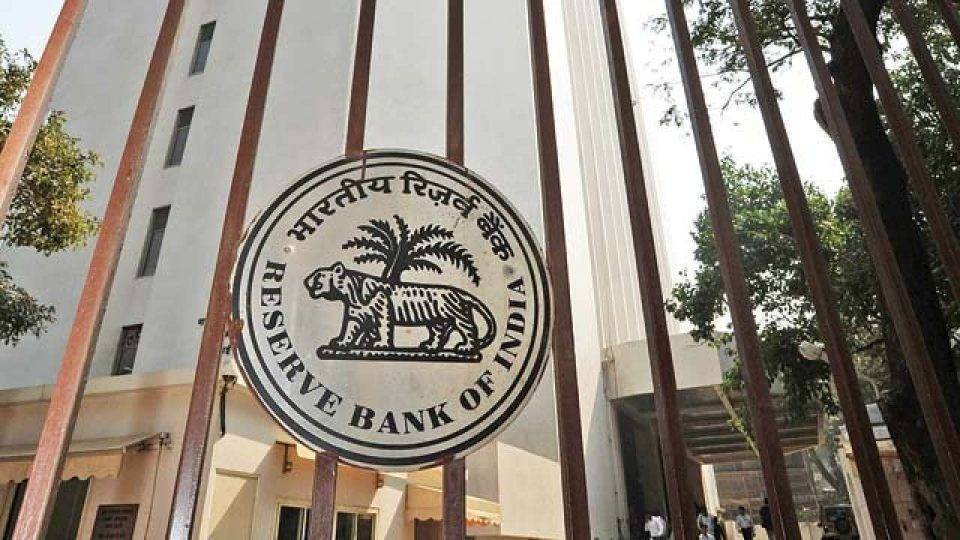In a significant policy shift aimed at addressing the persistent gap between high-quality private developments and underdeveloped civic infrastructure, the government has announced that private developers will now be allowed to act as “urban infrastructure administrators” in major redevelopment zones under the Urban Challenge Fund (UCF).
This initiative empowers developers not only to construct but also to operate and maintain essential urban infrastructure, including roads, water supply networks, sanitation systems, and public transportation, ensuring that the quality of public services aligns with that of private residential and commercial projects.
Scope and Objectives of the UCF
The UCF, with a central allocation of ₹1 lakh crore, is designed to promote sustainable urban development and transform cities into growth hubs. By involving private developers in planning, constructing, and maintaining critical infrastructure, the government hopes to bridge the gap between the high standards of private projects and the often-neglected public amenities surrounding them.
Under the scheme, private developers can propose bankable infrastructure projects for financial support, provided these projects receive approval from state governments or urban local bodies (ULBs). To maintain transparency and accountability, funds from the Centre will be routed through state-level escrow accounts, ensuring that resources are efficiently utilized and monitored.
Funding Structure
The UCF adopts a shared funding model:
- 25% of the project cost will be funded by the Centre
- 50% will come from bonds, bank loans, and public-private partnerships
- 25% will be contributed by state governments and ULBs
Eligibility and Coverage
Initially, the scheme will cover:
- Cities with populations above 10 lakh
- Industrial towns with populations above 1 lakh
- All state capitals
A separate sub-scheme will extend support to smaller towns, ULBs in hilly regions, and municipalities with populations below 1 lakh, ensuring that urban development benefits are widely distributed across regions.
To qualify for UCF assistance, cities must implement reforms in eight key areas: governance, operational efficiency, transit management, tariff structures, property taxation, project financing, urban planning, and building regulations. These reforms are intended to create a more investment-ready, transparent, and sustainable urban ecosystem.
While the scheme opens significant opportunities for private players, experts caution that operation, maintenance, and financial sustainability could present hurdles. Securing bank financing may require guarantees, and higher interest rates could impact repayment, even though these loans will not count against state fiscal limits. Effective coordination between developers, state governments, and ULBs will be critical to ensure smooth implementation and long-term success.
By integrating private sector efficiency with public infrastructure development, the UCF aims to modernize urban spaces, reduce disparities between private and public amenities, and create cities capable of supporting rapid growth. The initiative is expected to enhance the quality of life for urban residents, promote sustainable development practices, and foster creative approaches to city planning and redevelopment.









.png)